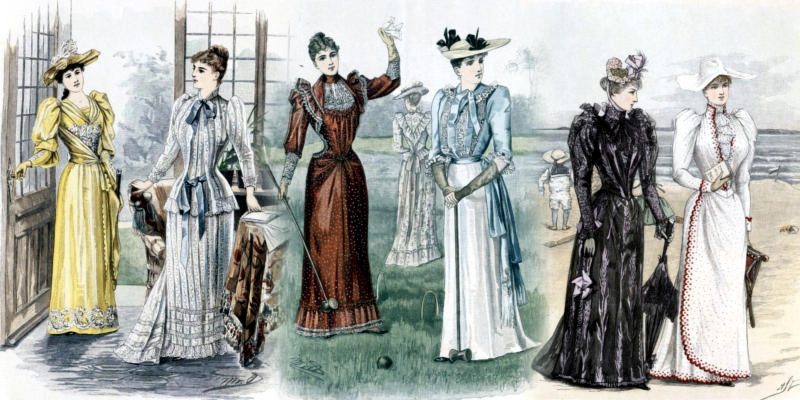The passage I am choosing to analyze is a rather long one. Since there were no breaks in the paragraph, this passage starts on the bottom half of page 207 and takes up most of page 208, and is captivating throughout. This passage was so attractive to me because the narrator sets up everything by asking several general rhetorical questions, but then goes on an unexpected rant about the power of women and why calling them the weaker sex is “to utter a hideous mockery” (208). The language used to describe the complexity and ambiguity of women is very gothic and dramatic throughout. While the narrator is quoted saying “I hate women” at one point, there is also a deep adoration and sense of bewilderment declaring that women are the “more self-assertive sex”, they are the “Cleopatras and Joan of Arcs”, but most importantly, they are “never lazy” compared to many men (208). The connection between the text’s form and content is an important one because the author uses a more passionate and direct tone of voice to explain women’s capabilities to the reader, but also conflicted these praises at the same time. This passage is entirely contradictory because while the content is mostly commendations and praises of women and wives, the underlying theme and the ultimate message of this whole section is that women commonly cause destruction and devastation with this ability. The narrator uses George as a direct example, and how marrying his wife tarnished his relationship with his father, then the death of that wife left him utterly depressed, and lastly how he was never seen alive after going to a women’s house. All things related to women. I believe this whole incompatible passage isn’t about George, his disappearance, Clara Talboys, or even women in general, rather It is about Lady Audley and her complex personality. The anonymous author doesn’t help with this claim, but we have seen both Robert and George’s obsession with Lady Audley and how she harmonizes with this argument of having great power, beauty, intelligence, but also has the capability of such evil, dark and devious deeds such as murder.
